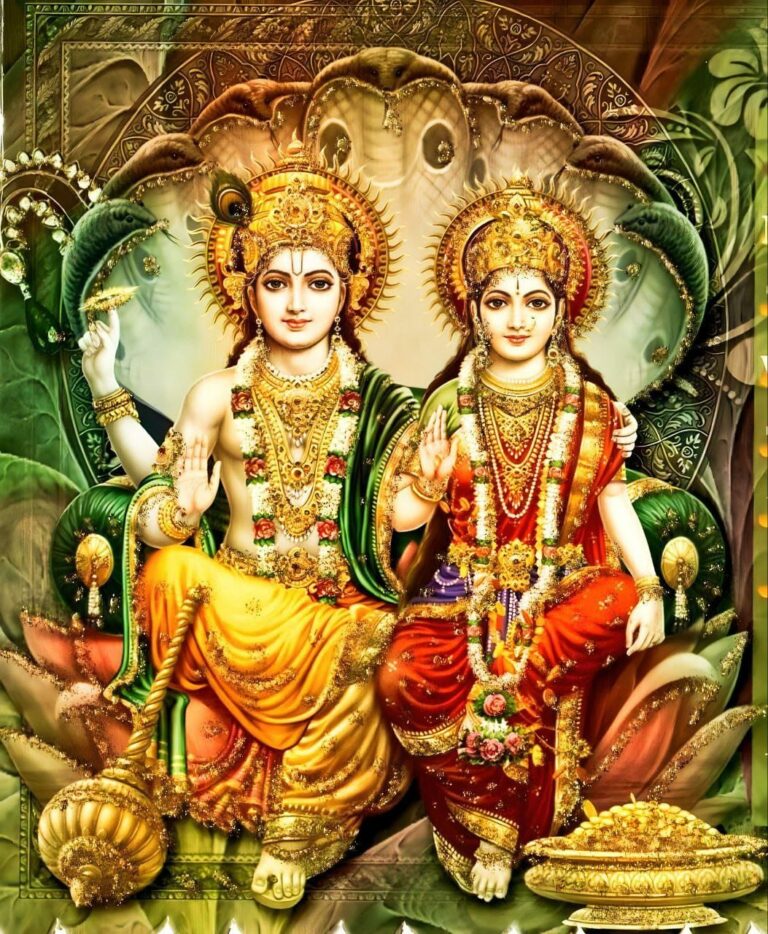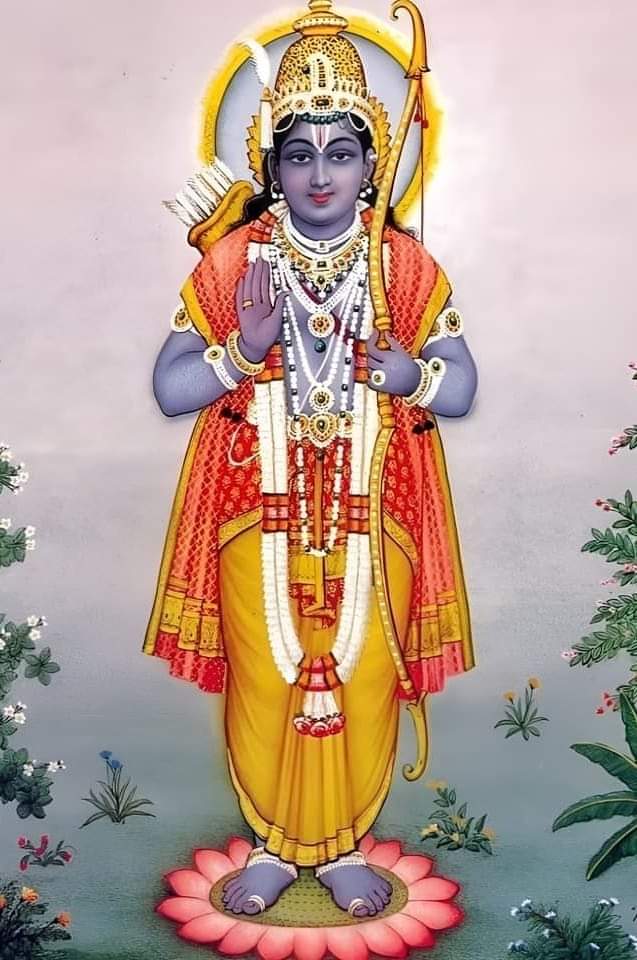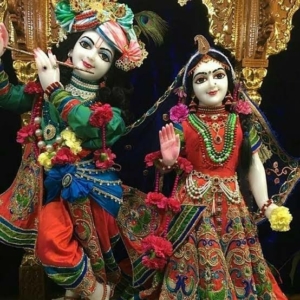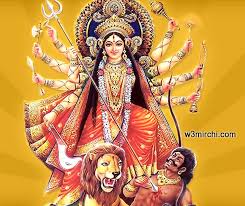दो पत्र, तीन बातें
ऐसा कौन है, जिसके पास मित्र और रिश्तेदारोंके पत्र नहीं आते? और ऐसा कौन है, जिसे दूसरे काम छोड़कर पत्रोंको पढ़ने में आनन्द नहीं आता ? जो पढ़े लिखे नहीं हैं, उनके पास जब कहींसे कोई पत्र आता है, तो वे किसी पढ़े-लिखेसे पढ़वानेके लिये दौड़े-दौड़े फिरते हैं। जीवनमें ऐसी घड़ियाँ भी आती हैं, जिनमेंमित्रोंसे ज्यादा उनके पत्रका इन्तजार रहता है।
तब क्या पत्रका आनन्द उसे पढ़नेमें ही है? बात तो ऐसी ही है, पर यह नहीं है। सन् 1930 ई0 की बात है। प्रोफेसर तान-युन-शान तिब्बत गये और दलाई लामाके पास ठहरे। उन दिनोंमें बौद्ध धर्मके बारेमें तो बातें हुई ही, गाँधीजीके बारेमें भी काफी बातें हुईं। जब प्रोफेसर तान- युन-शान भारतके लिये चलने लगे तो दलाई लामाने गाँधीजीके नाम एक पत्र अपने हाथसे लिखकर प्रोफेसर तानको दे दिया।
भारत पहुँचकर प्रोफेसर तानने वह पत्र गाँधीजीको दे दिया। वह पत्र भोट भाषामें लिखा हुआ था। गाँधीजी भोट भाषा नहीं जानते थे। उन्होंने प्रोफेसर तानसे उसका अनुवाद करनेको कहा, पर वे भी भोट भाषा नहीं जानते थे। गाँधीजी बोले- ‘तब तो इस पत्रकी बात मैं कभी न जान सकूँगा।’ यह बात उन्होंने कुछ इस अन्दाजसे कही कि सब हँस पड़े। बिना पढ़ा पत्र गाँधीजीके पास रखा रहा। प्रोफेसर तानको यह देखकर आश्चर्य हुआ कि बिना पढ़े भी गाँधीजीको उस पत्रके आनेसे बहुत खुशी हुई और वे कई दिनतक उसका आनन्द लेते रहे।
एक दिन प्रोफेसर तानने गाँधीजीसे पूछा- ‘क्या आप दलाई लामाके पत्रका उत्तर देंगे ?’ गाँधीजीने कहा- ‘जरूर, मैं दलाई लामाको पत्र लिखूँगा, पर वह इस पत्रका उत्तर नहीं होगा; क्योंकि मैं नहीं जानता कि इस पत्रमें क्या लिखा है। तिब्बती भाषा मैं जानता नहीं, इसलिये मैं अपना पत्र गुजरातीमें लिखूँगा। दलाई लामा भी मेरा पत्र पढ़ न सकेंगे, पर मेरी ही तरह पत्र पानेका आनन्द लेते रहेंगे।’
यह क्या बात हुई? पहली बात तो यह हुई कि आनन्द किसी बातमें नहीं, बल्कि अपने मनमें है। हम जिस बात में आनन्द-खुशी अनुभव करें, वह उसीमें है। दूसरी बात यह कि अच्छा मनुष्य और अच्छा विचार, हम उसे पूरी तरह न पहचानें, न समझें, तब भी उसका सम्पर्क हमपर अपना प्रभाव डालता है, जैसे आग अबोध बालकको भी जलाती है। तीसरी बात यह है कि हमें हमेशा अपनी भाषाको पूरा महत्त्व देना चाहिये और विदेशी भाषाके झूठे मोहमें नहीं पड़ना चाहिये। [ दूधका तालाब ]
two letters three things
Who is there, who does not receive letters from friends and relatives? And who is there, who doesn’t enjoy reading letters leaving aside other work? Those who are not educated, when a letter comes to them from somewhere, they run around to get someone educated to read it. Such moments also come in life, in which more than friends wait for their letters.
Then is the joy of the letter in reading it? It is like that, but it is not. It is about the year 1930 AD. Professor Tan-Yun-Shan went to Tibet and stayed with the Dalai Lama. In those days, apart from talking about Buddhism, there was a lot of talking about Gandhiji as well. When Professor Tan-Yun-Shan started leaving for India, the Dalai Lama wrote a letter to Gandhiji in his own hand and gave it to Professor Tan.
After reaching India, Professor Tane gave that letter to Gandhiji. That letter was written in Tibetan language. Gandhiji did not know Tibetan language. He asked Professor Tan to translate it, but he too did not know Tibetan. Gandhiji said – ‘Then I will never be able to know about this letter.’ He said this in such a way that everyone laughed. The unread letter was kept with Gandhiji. Professor Tanko was surprised to see that even without reading Gandhiji was very happy to receive that letter and he kept enjoying it for many days.
One day Professor Tanne asked Gandhiji- ‘Will you reply to the Dalai Lama’s letter?’ Gandhiji said- ‘Sure, I will write a letter to the Dalai Lama, but it will not be a reply to this letter; Because I do not know what is written in this letter. I do not know Tibetan language, so I will write my letter in Gujarati. Even the Dalai Lama will not be able to read my letter, but will continue to enjoy receiving letters like me.’
What is this matter? The first thing happened that happiness is not in anything, but in our mind. The thing in which we feel joy and happiness, it is in that. Secondly, a good person and a good thought, even if we do not recognize or understand him completely, his contact with us still exerts its influence on us, just as fire burns even an innocent child. The third thing is that we should always give full importance to our language and should not fall under the false illusion of foreign language. [milk pond]

















